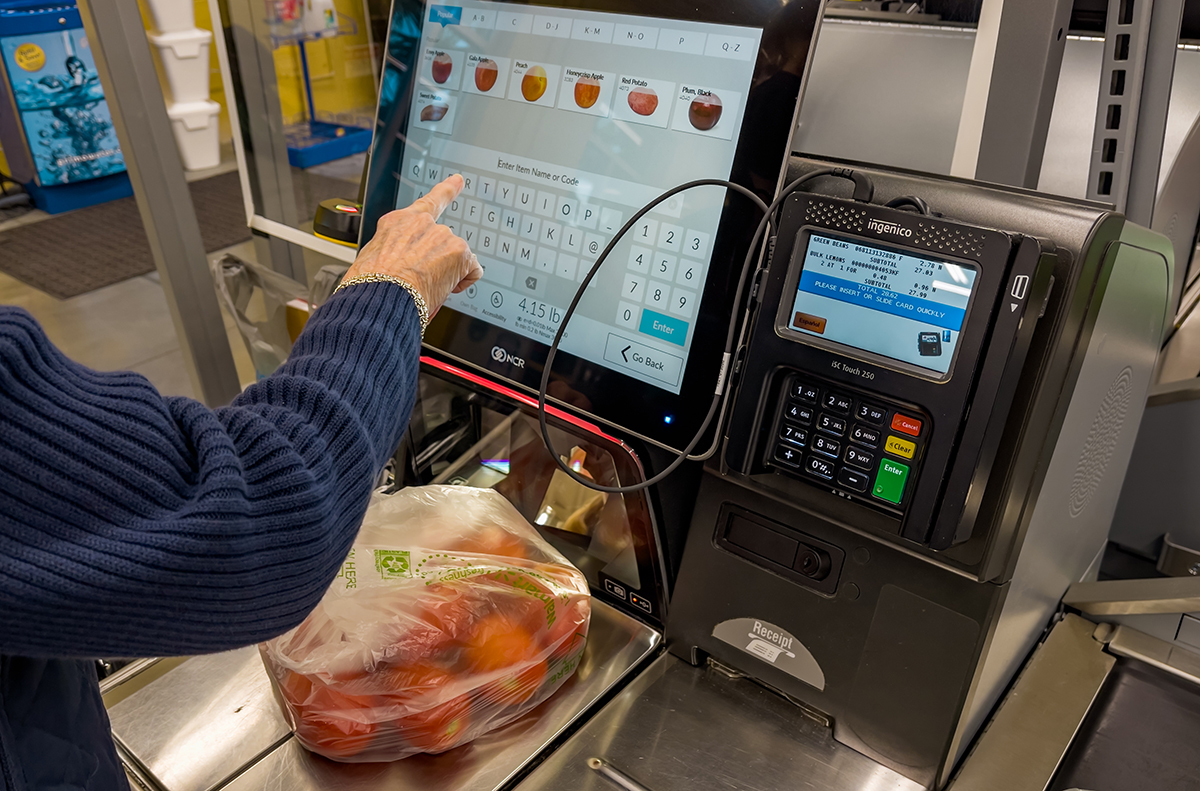By Mark Baum, Senior Vice President, Industry Relations, and Chief Collaboration Officer, Food Marketing Institute
Change in the food retail industry is taking place at an astonishing pace and there are no indications it will slow down in the foreseeable future. Most days in retail feel like a high hurdle race in which the hurdles keep getting moved closer and closer together, affording no chance to hit stride, but just another jump to negotiate. Retailers will need partners to help run this new race, making it more of a relay with clearly defined lanes and zones for “baton passing.”
Collaboration in the food and consumer goods industry will become even more of a strategic imperative as we look forward to 2019 and the decade ahead. Whether it’s understanding supply chain demands, omnichannel, shifts in category management, the move toward organic, specialty and artisanal products, or whether it’s the rise of the belief-driven buyer, the desire to meet the demands of new consumerism and transparency require that we have to change, and change together.
FMI has a long history of supporting community collaboration and solving complex industry issues. For example:
-
Making the Product Label Smart - Our 2018 FMI industry relations activities and initiatives have set us on the path to enhance adoption and implementation of SmartLabel®, which helps provide transparency and organized product labeling and ingredient information.
-
Supporting Retail Operations - We have initiated and encouraged progressive conversations on the business opportunities in the areas of fresh foods, private brands, foodservice, and, most pressing, the need to focus on omnichannel operational imperatives.
-
Collaboration Across the Industry - Under the auspices of the Trading Partner Alliance (TPA), an initiative with GMA, we have tackled key issues which include SmartLabel®, information accuracy and a new supply chain transportation initiative. Many FMI members have connected with and enjoyed the benefits of the tangible resources that result from these collaborations.
All these initiatives have benefitted from the active engagement and participation of key FMI committees. These current Committees and Councils include:
-
Industry Relations Committee (Board Level),
-
Asset Protection Council,
-
Private Brands Executive Council,
-
Fresh Executive Council,
-
Industry Collaboration Council,
-
Supply Chain Council (TPA),
-
Sustainability Executive Committee and many more.
We appreciate all the FMI member executives who provide their time and talents to move our industry forward in a collaborative way. The food and consumer goods industry is stronger together and more prepared than ever to serve our mutual customers by working in partnership to solve problems and address tomorrow’s challenges, today.


 Industry Topics address your specific area of expertise with resources, reports, events and more.
Industry Topics address your specific area of expertise with resources, reports, events and more.
 Our Research covers consumer behavior and retail operation benchmarks so you can make informed business decisions.
Our Research covers consumer behavior and retail operation benchmarks so you can make informed business decisions.
 Events and Education including online and in-person help you advance your food retail career.
Events and Education including online and in-person help you advance your food retail career.
 Food Safety training, resources and guidance that help you create a company food safety culture.
Food Safety training, resources and guidance that help you create a company food safety culture.
 Government Affairs work — federal and state — on the latest food industry policy, regulatory and legislative issues.
Government Affairs work — federal and state — on the latest food industry policy, regulatory and legislative issues.
 Get Involved. From industry awards to newsletters and committees, these resources help you take advantage of your membership.
Get Involved. From industry awards to newsletters and committees, these resources help you take advantage of your membership.
 Best practices, guidance documents, infographics, signage and more for the food industry on the COVID-19 pandemic.
Best practices, guidance documents, infographics, signage and more for the food industry on the COVID-19 pandemic.
